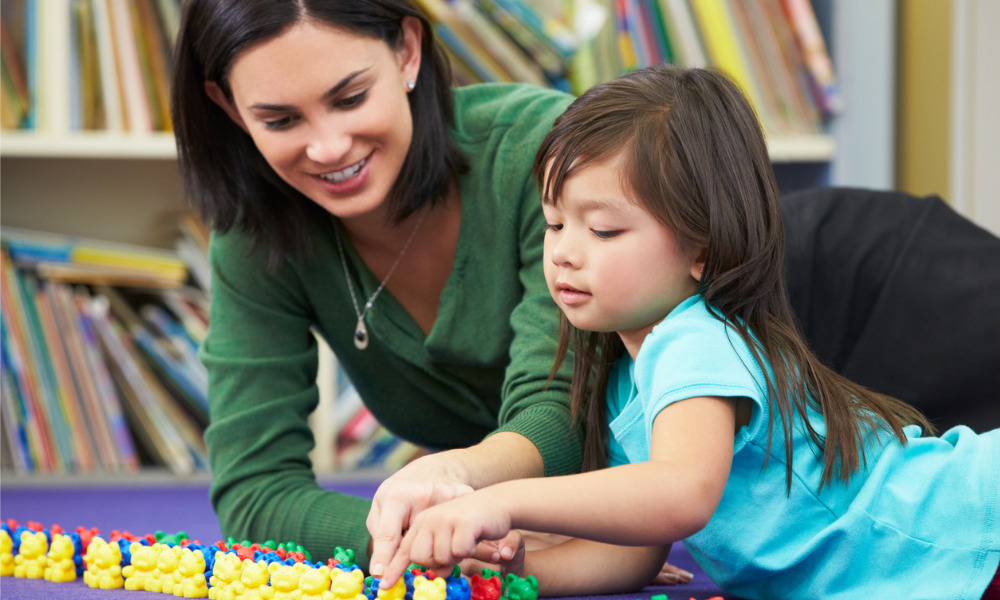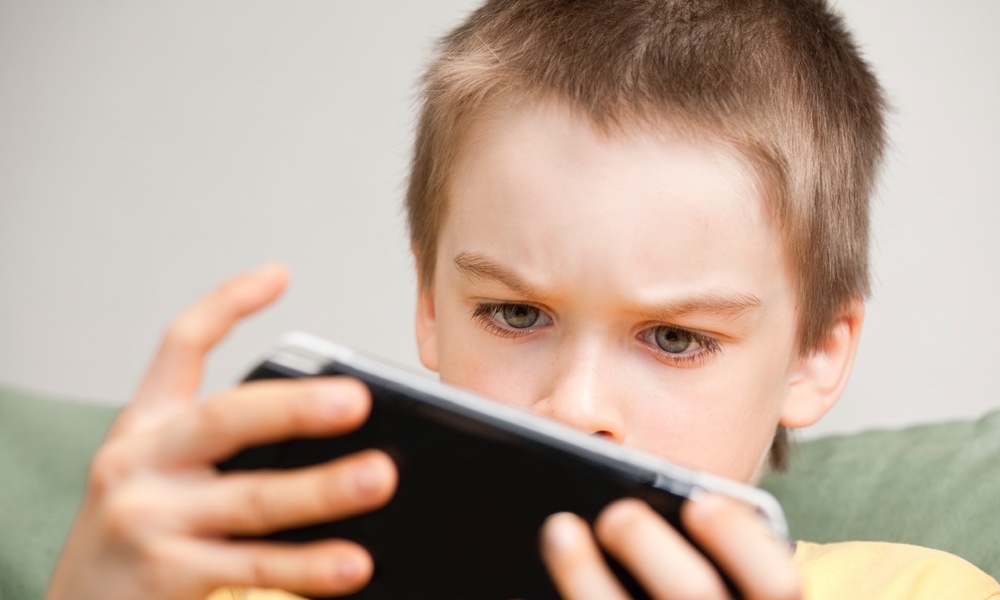Parents are starting to understand that different kinds of children's play offer kids different benefits. Most recognize the importance of play for their children's developing autonomy and well-being, but fewer tend to see that play can also be a valuable learning tool, often more impactful than direct instruction from a teacher.
A survey on play led by researchers at Temple University found that parents are less clear on the value of this kind of play and how it can be used to spark learning.
“Until recently, people thought of play as the opposite of work,” Charlotte Wright, the first author of a paper on the survey findings, told TheDoctor. “The survey found this separation no longer exists, which is a good thing.”
Where parents miss out, the survey found, is in appreciating the value of guided play, a relatively new idea in the study of child development. They were more aware of the virtues of free play.Many parents think free play can teach children more than guided play, but this belief is not supported by evidence-based research.
Guided play, also known as playful learning, is often initiated by adults. It is used it to help children reach a goal, such as building a tower with blocks. But within this structure, children can find their way to that goal on their own. “Guided play is an effective way for children to develop skills in reading…and hone executive function skills such as attention, memory and flexible thinking,” Wright explained.
In contrast, free play, such as fantasy play like dressing up or playing on their own in the park, is unstructured, initiated by the child, and adult-free unless caregivers are called upon or need to intervene.
Free play has no set learning goal, and the survey found many parents think free play can teach children more than guided play. This belief is not supported by evidence-based research, however, the investigators said.
More than 1,100 parents of children between the ages of two and 12 in the U.S. were asked what they thought about the importance of play. Parents rated free play as best for learning, followed by guided play, games and direct instruction, respectively.
Interestingly, it was parents with more education and higher income who were more likely to mistakenly rate free play as the most effective way to learn. Parents of girls were also more likely than parents of boys to consider free play more educational. In general, parents valued guided play more when they understood its role in learning.
Parents should embrace both forms of play. They just have different strengths. Free play gives kids a chance to learn to be independent and explore their interests; guided play can help build cognitive skills.
Wright, a doctoral student at Temple University, is designing a parenting group related to play and learning within Hispanic communities. From there, she and her colleagues hope to learn more about which communities value free play or direct instruction over guided play.
The study is published in Frontiers in Developmental Psychology.





